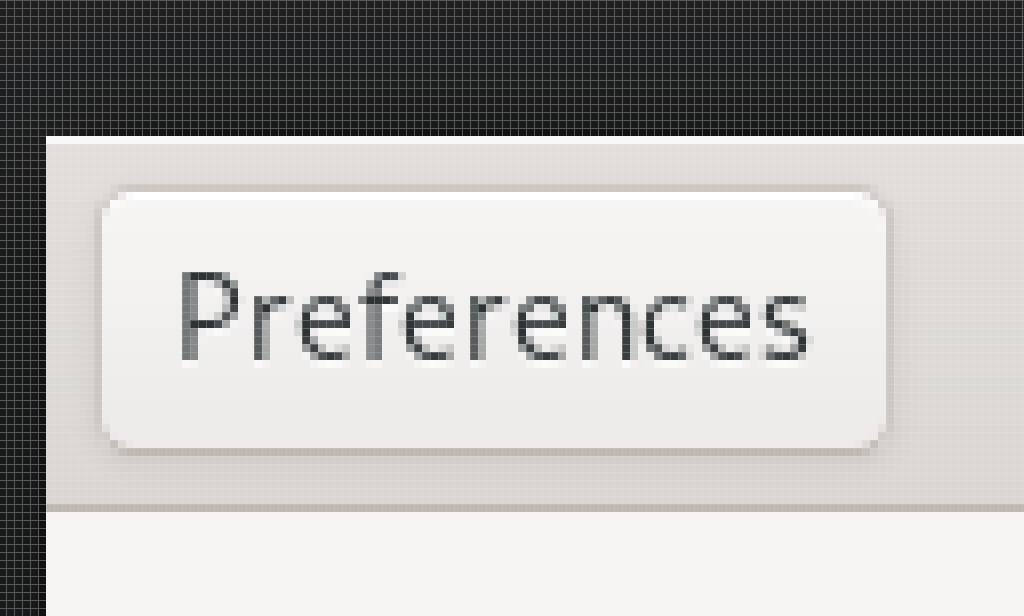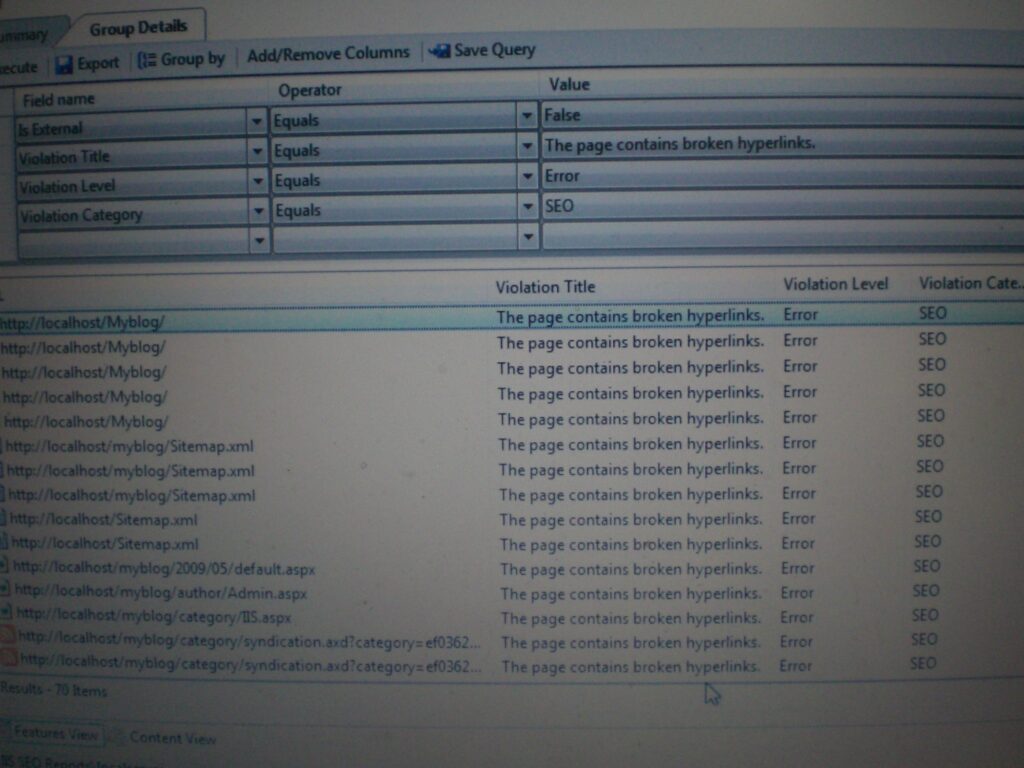No thanks, I’ll enjoy free software :)
- 17 Posts
- 83 Comments
Curation and guaranteed interoperability.
This was never the case even before all of these new solutions. When a developer makes something, they’re going to release it for people to use. They generally are not going to just leave it sitting in a repo and let people figure out building it themselves until a distro maintainer happens to package it.
The traditional approach is very good for core components and staples of the desktop where distro developers can curate an experience where everything works with everything and is in harmony. It’s not, however, very good at getting applications the end user cares about out there. Flatpak/Appimage and traditional packages complement each other nicely and cover each others’ flaws.
You’re really not responding in good faith and just looking for dunks. Clearly, when I said it was more work for Fedora maintainers I was providing an example of them going above and beyond to provide flatpaks as evidence for it not being a move of laziness. The Fedora project creating so many of them would not be necessary for flatpaks to work or to be useful.
It’s fine to not like flatpaks. Sandboxing causes a lot of headaches for users that are still being ironed out. But it wasn’t created out of distro maintainer laziness or a scheme to push all the work onto app developers. It was and is an attempt to make things easier for developers and to make applications available to every Linux user. And you know what? It’s better now for me. Back in the day it was a lot harder to switch away from Debian-based distributions because everything you found would be a deb. If it was too obscure or new to have been picked up by distro maintainers, you were stuck building it yourself. Nowadays, when I find some tiny project on gitlab, the developer is much more likely to provide what they’ve made in a form I can actually use regardless of my choice of distribution. Everything is accessible to me and I never feel like I’m missing out like I did in the 00s. I wasn’t happy with the packaging situation then, but now things are a whole lot better.
You realize developers generally package their applications for something regardless? The only difference on their end is that instead of making a deb or an rpm that will serve a fraction of Linux users, they can make a flatpak for all of them.
And distro maintainers/other third parties can and do make flatpaks all the time…Fedora for example creates their own flatpaks for basically everything in their repositories, and they’re the biggest “true believers” in flatpak you can find. It’s more work for them.
They’ll be about as adventurous as each other. Kubuntu and Mint only really differ in the desktop environment installed and a few of Canonical’s bad decisions that Mint undoes every now and again. Beyond that, they’re both just Ubuntu.
You’ll learn about as much as you would on any mainstream distro.
One of the primary goals is making less work for app developers who can now just make a flatpak and be done with it instead of making 30 different debs and rpms and such. The main reason flatpak has been so widely adopted has nothing to do with distro maintainers…it’s that developers can make something everyone can use and not think about it beyond that.
Snap is just an extremely bad solution that works poorly with the additional issue of centralizing control in Canonical’s hands.
I think the only reason it’s controversial is that the wording of the OP is very confusing. I certainly use “they” to refer to others by default but it’s not for privacy reasons…it’s because I don’t automatically know the pronouns of strangers. I took this post as saying that we should use one pronoun for everyone to create the smallest amount of data to be collected.
If that’s what was meant then yeah I wouldn’t mind that, but I read this as more a suggestion that we shouldn’t refer to the genders of others because doing so would leak information. I use “they” for others by default but this reads as telling me that I shouldn’t tell others I use “she” and that others shouldn’t use “she” for me to maintain the utmost of anonymity.
Nah, my pronouns and gender are a key part of my personhood and I intend to assert them wherever I can. I’m not going back in the closet for any privacy concerns.
Data collection is a problem but the solution isn’t for us all to hide who we are, it’s to smash the political environment that makes that abuse possible.
Having read his page on that, his suggestion was to use another one instead of “they” for petty prescriptivist reasons. While to me it comes off as a silly Stallmanism that I don’t mind that much, it’s plenty understandable for people who use “they” and have come across thousands of arguments making the same linguistcally questionable points for transphobic reasons to be suspicious of that. Especially given his awful thoughts on other things.

 41·3 years ago
41·3 years agoNot really. I like federation in general, but Lemmy would honestly be just as useful and a lot simpler if it was regular self-hostable forum/link aggregator software.
However, I imagine most of the donors and extra attention Lemmy has gotten have to do with the fact that it’s federated.
…yes, but freetube is actually comparable to the featureset of newpipe, piped, or invidious.
You’re approaching this as a confrontation when it isn’t one. You listed two players which are not necessarily replacements for a desktop user who wants subscription management and such, so I provided one which does.
You only mentioned newpipe and mpv…
I’ve seen no reason to believe any privacy frontend I’ve used has done this. However, even if you are concerned about this, Freetube is a more convenient option which can use its own local API similar to how Newpipe does it while still keeping a nice interface with subscription management and such.

 1·3 years ago
1·3 years agoThere’s also qobuz, which has a hi-res store on top of its streaming service.

 3·3 years ago
3·3 years agoDoesn’t give you what you’re looking for, but I grab almost everything from soulseek nowadays since I got tired of tools like deemix because you have to know if the album you’re looking for has any edits or removed tracks on streaming to avoid getting butchered versions. Occasionally I’ll buy a record from bandcamp or get a copy on wax, but not usually unless I’m already a fan.
The drive with my collection died recently, so I’ve been raiding the hell out of slsk.

 2·3 years ago
2·3 years agoYou’d be better off using soulseek or something unless you can only find the thing you’re looking for on youtube (which does happen sometimes).
I say community and get mildly frustrated every time I see “sublemmy”.














You told me I might as well go to Windows, as if the only benefit of using Linux is its traditional approach to package management. I use it because I care about freedom, not because of how it handles package management, though I do happen to also like that (it’s just better when supplemented by flatpaks and appimages).
If you read my other comments in this thread, you’ll see why I prefer things as they are now: I can actually access most applications from most distributions without having to build shit myself. Before flatpak and the like, everything would just be a deb and if you’re very lucky, an rpm. If it was not up to the standards of your distribution or, more likely, too obscure to be noticed by them, your only option was to build it yourself. Being a Fedora user in the 00s meant every time you found some cool new thing you wanted to try out, your only option was to fumble around and figure out how to build it yourself. It sucked, and was a big part of why Ubuntu dominated so heavily. If you went anywhere other than Ubuntu and Debian, you were just opting out of a huge amount of software.
Also, it’s not just Debian Stable. Sid is too slow. Arch is too slow. Fedora is too slow. Ubuntu is too slow. Everything is too slow for the simple reason that maintainers can’t know about every obscure application you could possibly care about and won’t be packaging whatever random shit they find with a single star on github. Again: Traditional package managers are fantastic and have their place. While flatpak does deduplicate libraries through its runtime system and such to an extent, pacman and apt and dnf are much more efficient at doing so library-by-library, which is why (along with trusting distro maintainers to verify that everything works with everything else) I rely on them for the core parts of my system. There are many things they are simply better at. But when it comes to making it easy for developers to get their applications out into people’s hands and for users to actually get access to the applications they care about, flatpak and appimage do that very well.
I’m going to leave it at that and dip, because I’m frustrated with being (what seems like deliberately) misread.